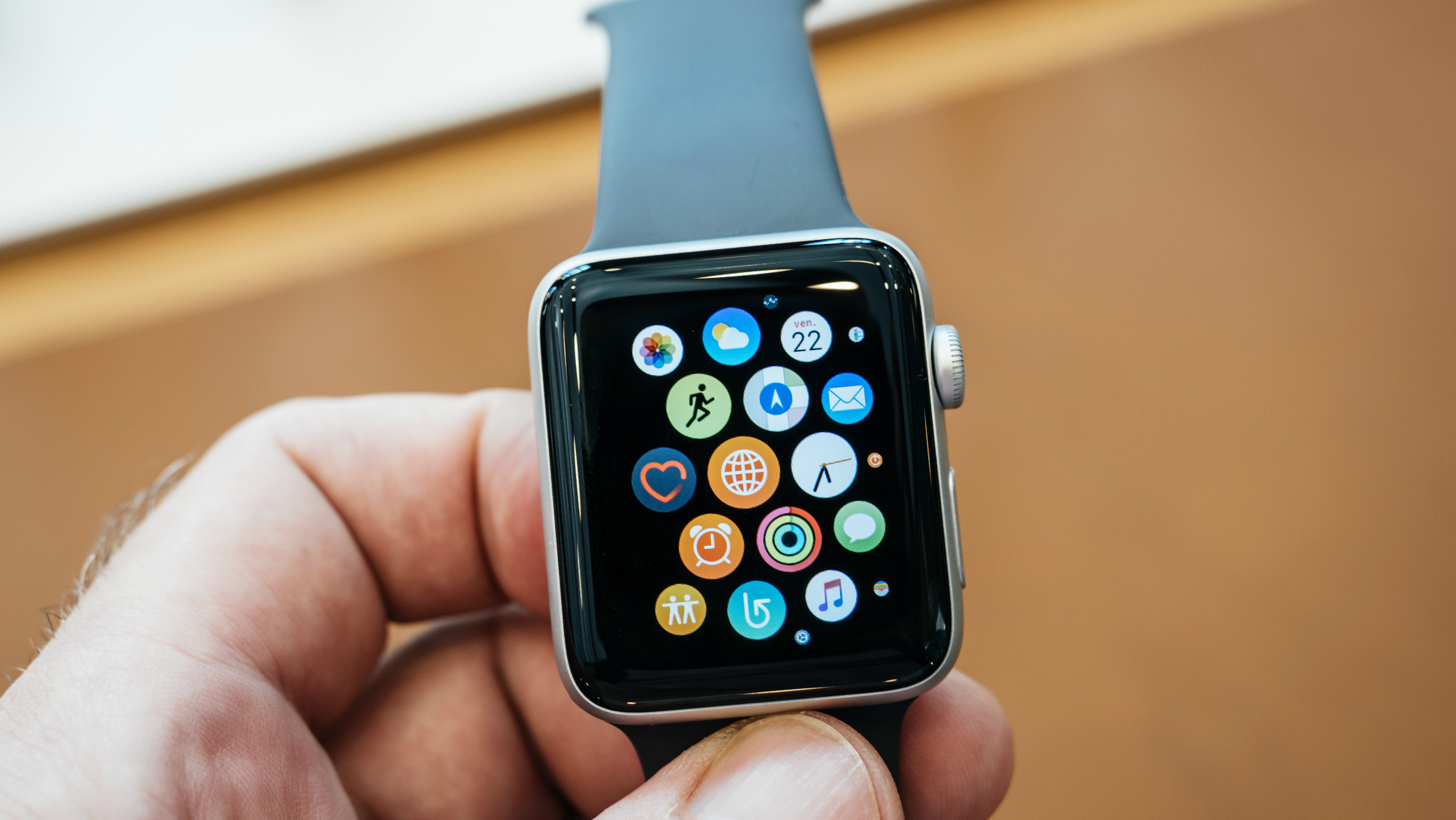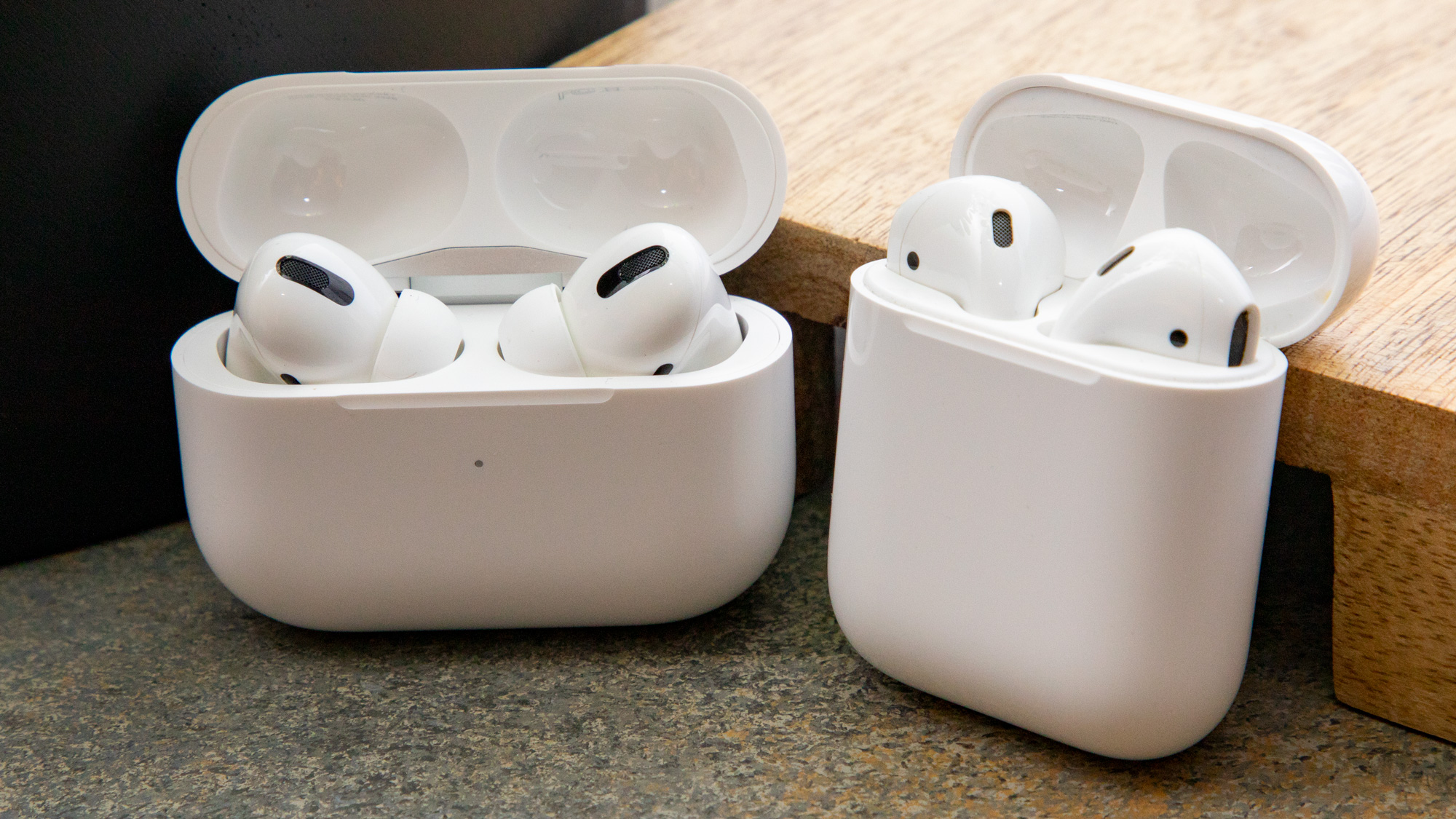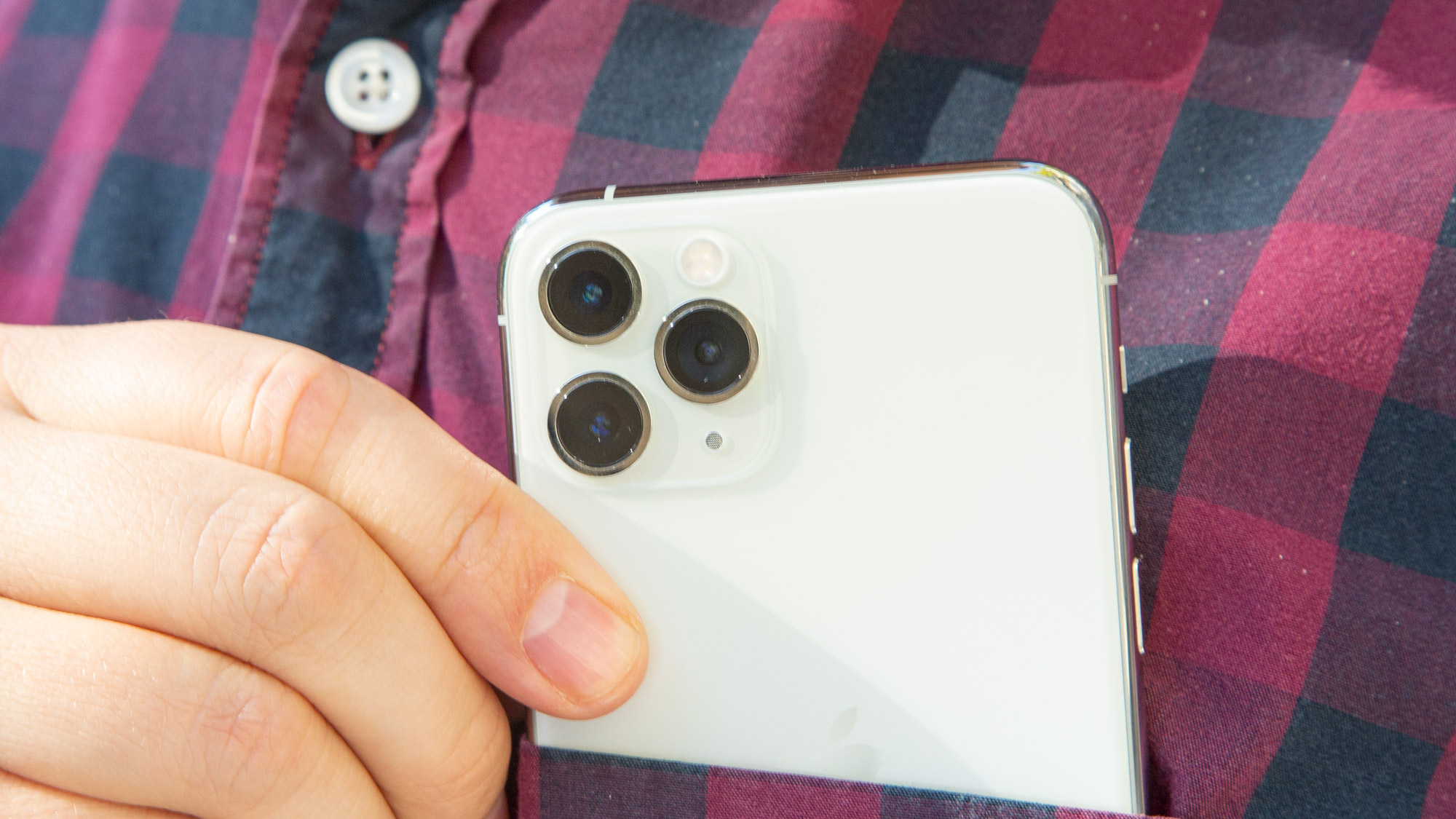Apple's first earnings report for 2020 soundly beat Wall Street's estimates, landing it an all-time quarterly revenue record: $91.8 billion (about £70.4b, AU$136b).
What's more important than this 9% year-over-year growth are the reasons behind it: the iPhone 11 and iPhone 11 Pro, the AirPods and AirPods Pro, and the Apple Watch 3 and Apple Watch 5. The company also cited 'Services' as a key revenue booster.
Yes, officially, Apple keeps things vague, saying that "iPhone, Wearables and Services drove all-time record revenue." But we dove into the sales numbers and put on our analyst hat on to examine Apple's bounce back from last year's declines.
Why is this important? If Apple shifted its strategy recently (which we think it did), it's likely to continue down this path to maximize profits. Here's what we found.

1. Apple Watch 3 was too cheap to ignore
Apple cites 'wearables' as a key revenue driver and, to us, that translates into sales of the Apple Watch 3. Yes, the new Apple Watch 5 likely drove a chunk of revenue given its higher price, but most people didn't needed an always-on screen – they wanted to buy into the idea of an Apple Watch at a reasonable price.
The Apple Watch 3 at $199 / £199 / AU$319 became too difficult to ignore for people who skipped over the smartwatch during the last five years, or were stuck with the original Apple Watch and in a dire need to upgrade to the watchOS 6 software.
Apple doesn't break down Wearables sales (in fact they're lumped into 'Wearables, Home, and Accessories'), but the company did say it had trouble keeping up with Watch 3 production, according to Reuters, and that the Apple Watch accounted for 75% of all wearables purchases in its latest quarter.
Winning strategy? Think about it: when the Apple Watch first launched, it cost $349 / £299 / AU$499. Almost five years later, we have a wholly better smartwatch in the Apple Watch 3, one that is $150 cheaper than 2015's technology. Apple Watch finally became affordable, and that's been a win-win for everyone.

2. AirPods for everyone
Apple's AirPods – also lumped into the Wearables category – were popular this past Black Friday because there were three kinds on sale at once (technically four kinds, as we often found the original AirPods 1st gen on sale for ridiculously cheap).
Apple is known for expensive gadgets, but it has begun to appeal to a wider range of consumers who want to buy into the true wireless earbuds phenomenon. There's something for nearly everyone with the AirPods without wireless charging, AirPods with wirelessly charging, and its top-of-the-line AirPods Pro.
Winning strategy? Apple continued to tout its prestige as a premium brand with its noise-canceling AirPods Pro, yet it kept in stock two other versions of the AirPods for a cheaper price – at least when it could make enough of them.

3. That iPhone 11 camera rocked
"I wish Apple would release a Pixel." Someone actually said that to us after seeing the Google Pixel 3 camera quality in 2018. And we knew exactly what they meant. It was clear that Apple needed to play catch-up to hit a 'super cycle' of upgrades.
It did just that in September 2019 when the iPhone 11, iPhone 11 Pro and iPhone 11 Pro Max launched with superior cameras, matching or exceeding the photo quality of flagship Android smartphones in 2019. The Pixel 4 didn't wow us nearly as much.
Apple introduced a triple-lens camera with the two iPhone 11 Pro models, and a photo-fixing Night Mode on all three new iPhones. We don't take many Slofies with the front-facing camera, but Apple marketed this slow-motion video feature as if it was the next big thing. Well played.
Winning strategy? iPhone 6 holdouts, stranded without a way to upgrade to iOS 13, finally had enough reason to upgrade to the iPhone 11, which had a camera that we found performed markedly better and, importantly, looked different. That hypnotic, trypophobia-triggering iPhone Pro cameras set the stage nicely.
Bonus: Apple doggedly pushed its trade-in program to reduce the advertised iPhone 11 price, which made it seem much cheaper. In the US, carrier-subsidized iPhones at one time cost $199 (carrier plans cost more over time), and while we aren't back to that price, consumers aren't being alarmed by the full retail price either.
- What's next? iPhone 12 release date and leaks
from TechRadar - All the latest technology news https://ift.tt/2U5wHQ8
Comments
Post a Comment